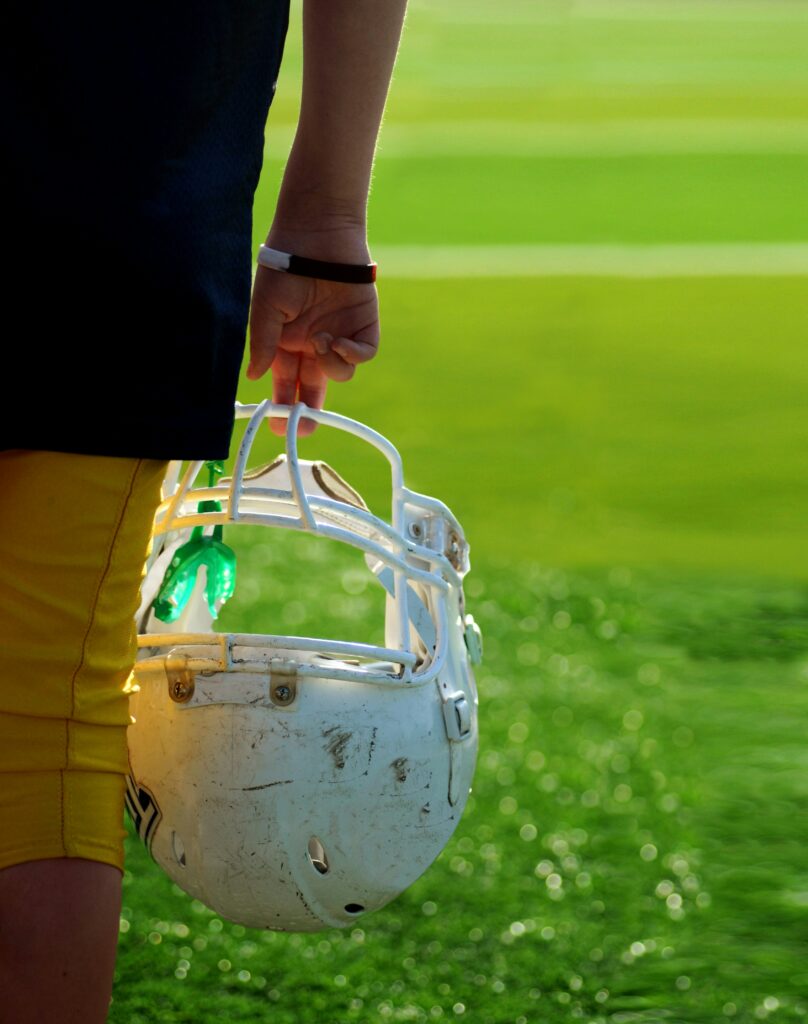The Benefits of Positive Reinforcement in Youth Sports


In youth sports, the role of coaches and mentors goes beyond just teaching the game. One of the most powerful tools they have is positive reinforcement. Positive reinforcement refers to the practice of encouraging desirable behaviors by rewarding them. This strategy effectively promotes growth, motivation, and a positive sports environment for young athletes. By understanding and applying positive reinforcement, coaches can significantly influence the development of children, not just as athletes but also as individuals.
Enhancing Self-Esteem and Confidence
One key benefit of positive reinforcement in youth sports is the enhancement of self-esteem and confidence. When children are recognized for their efforts and achievements, whether big or small, it validates their hard work and encourages them to continue striving for success. Positive reinforcement can come in many forms, from verbal praise to tangible rewards like stickers or medals. These affirmations help build a child’s belief in their abilities, giving them the confidence to tackle new challenges and push their limits.
In a sports setting, this increased confidence can lead to better performance. Athletes who feel good about themselves are likelier to take risks, try new techniques, and stay engaged during practice and games. This positive cycle builds a sense of competence, which can fuel further success on and off the field.
Improving Motivation and Commitment
Motivation is crucial in any sports setting, especially for youth athletes who may not fully understand the long-term benefits of regular practice and effort. Positive reinforcement helps maintain a high level of motivation by rewarding effort, improvement, and success. When young athletes see their hard work acknowledged, they feel more motivated to continue their training and focus on reaching their goals.
This type of reinforcement also encourages long-term commitment to sports. Youth sports can be challenging, and kids may experience frustration or setbacks. However, when they know their effort will be rewarded, they are likelier to stay engaged, even during challenging times. Positive reinforcement reminds young athletes that success is not always immediate but comes with persistence and effort.
Fostering a Positive Team Environment
Youth sports are not just about individual success but also about teamwork. Positive reinforcement is pivotal in creating a positive, supportive team environment. When coaches and teammates encourage each other, it fosters a culture of mutual respect and cooperation. Positive feedback can be shared publicly during team huddles or private one-on-one conversations, which contribute to building strong, trusting relationships among players.
A team that supports each other through positive reinforcement can overcome challenges and reach new heights. Players celebrating each other’s successes and acknowledging improvement increase morale and strengthen the team’s unity. This also sets the stage for effective communication and problem-solving, which are essential for team sports success.
Encouraging Healthy Competition
Positive reinforcement can help instill a healthy sense of competition in youth sports. While competition is a natural aspect of sports, it can sometimes lead to adverse outcomes such as stress, anxiety, or a fear of failure. By focusing on the positive aspects of competition, such as personal growth and team success, coaches can help young athletes see the value in challenging themselves and others constructively.
When children are praised for their effort and attitude, regardless of whether they win or lose, they learn that competition is about improving and giving their best. This mindset helps them cope with losses and setbacks, as they are reinforced for their resilience and sportsmanship rather than just for winning. Positive reinforcement encourages athletes to keep striving for personal and team goals without feeling discouraged by temporary setbacks by promoting a focus on improvement and effort over results.
Building Resilience and Coping Skills
Youth sports are an excellent environment for children to develop resilience and coping skills. As athletes face challenges such as losing a game, making mistakes, or facing tough opponents, positive reinforcement helps them bounce back from these experiences. Instead of feeling defeated by failure, children learn to view setbacks as opportunities for growth.
Young athletes are taught how to handle frustration and disappointment through encouragement and constructive feedback. Coaches who use positive reinforcement help athletes develop emotional intelligence, teaching them how to manage their emotions and stay focused on improving. These skills are invaluable both in sports and in life.
Promoting Long-Term Enjoyment of Sports
Ultimately, youth sports aim to instill a love for the game. Positive reinforcement can help ensure that children enjoy participating in sports by creating an environment where they feel valued, supported, and motivated. When kids feel good about their experiences in sports, they are more likely to stay active and engaged in physical activity throughout their lives.
By using positive reinforcement, coaches can help young athletes develop a positive association with sports, one that is based on enjoyment, growth, and camaraderie. When children have fun while improving their skills, they are likelier to continue playing sports, reaping the long-term benefits of physical fitness, teamwork, and discipline.
Positive reinforcement is a powerful tool in youth sports that provides numerous benefits for athletes and teams. It enhances self-esteem, motivates children to continue working hard, fosters a positive team environment, encourages healthy competition, builds resilience, and promotes long-term enjoyment of sports. Coaches and mentors who use positive reinforcement create a space where children can thrive, not just as athletes, but as confident, motivated, and resilient individuals. As a result, positive reinforcement plays a crucial role in shaping the next generation of athletes and leaders.
